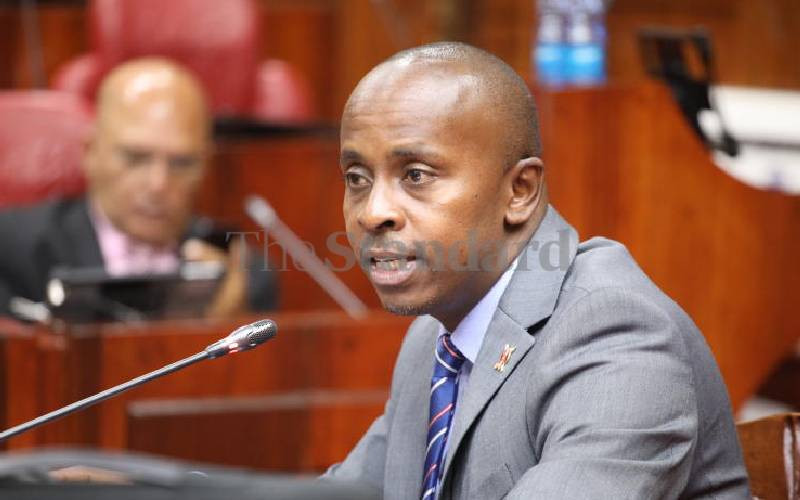×
The Standard e-Paper
Home To Bold Columnists

JJ Kamotho was the model stooge. A sidekick of his master, he insulated him from the realities on the ground with false praise.
Kamotho also played the attack dog role quite brilliantly and would help suppress potential threats to the big boss.